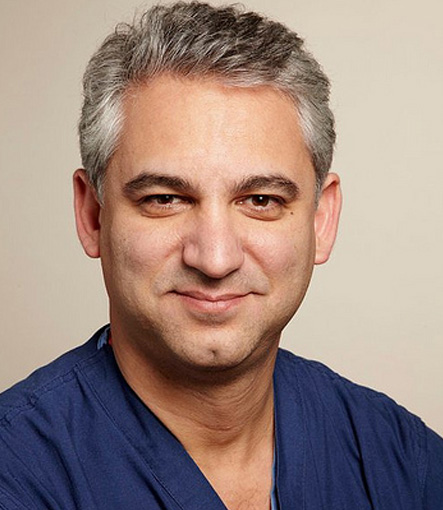Men diagnosed with both conditions have significantly reduced chances of survival.
Emotions of pity, powerlessness, and other indications of depression are commonplace and reasonable in someone who has been diagnosed with prostate cancer. However, don’t simply concentrate on recuperating your body: If you are encountering side effects of depression, it’s important to tell your doctor. Depression is more than just simply feeling low. It can adversely affect your sleep, relationships, and even your overall physical health.
A past study from the University Of Pennsylvania School Of Medicine found that men with prostate cancer who were also diagnosed with depression were more prone to being hospitalized and require additional outpatient and emergency room visits. Depression was additionally connected with a higher risk of death throughout the span of the study. Some of the most well-known side effects of depression in men with prostate cancer are:
- Constant thoughts of death, suicide and the contemplation of committing suicide.
- Prolonged feelings of sadness and emptiness.
- Changes in appetite – either increased or reduced
- Sleep disturbance(s) such as insomnia or getting too much sleep
- Increased anxiety
Treating your depression
An optimistic view and a strong mental state are useful instruments in the fight against prostate cancer. Trying to cope with results from your PSA test, DRE, or Gleason score can be trying at times. If you find that you’re having difficulties adapting to your prostate cancer prognosis because of depression, now is the ideal time to reach out for help. There are various approaches in treating depression. Medications such as antidepressants can be prescribed by your physician in either treating or preventing the symptoms of depression. Your doctor may also strongly recommend that you see a Psychiatrist or Psychologist to better assist you in coping with your depression. In serious cases of depression a combination of therapy and medications may be required.
Depression in men with prostate cancer can frequently go unnoticed and often times be under diagnosed. Seeking assistance for depression goes hand in hand in treating prostate cancer. It’s all a matter of having that positive mind set and knowing that you are not alone. Understand that you don’t have to conceal your emotions or feel humiliated by them. You do however need to inform your doctor with the goal of working cooperatively in beating both your prostate cancer and your depression. Letting your doctor in on your worries and starting on a treatment plan can make the cancer treatment process easier to endure and ultimately overcome.






